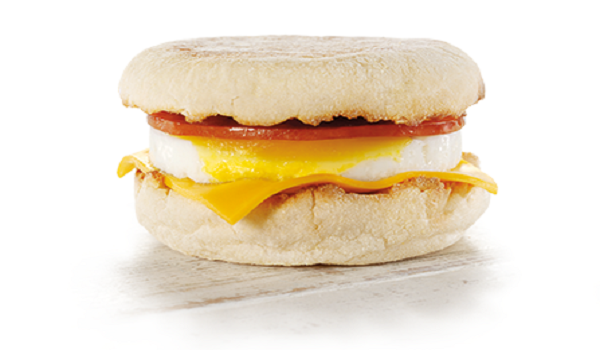|
As part of an ongoing journey to meet customers’ changing expectations and preferences, McDonald’s Restaurants of Canada Limited today announced that it will transition to sourcing 100% Canadian cage-free eggs (known as free-run in Canada) for its restaurants over the next 10 years.
“Our guests increasingly tell us they appreciate the efforts we go to in responsibly sourcing high quality ingredients,” said John Betts, President and CEO, McDonald’s Restaurants of Canada Limited. “Our decision to source 100% Canadian cage-free eggs reinforces the focus we’re placing on our food and menu to meet our guests’ changing expectations, allowing them to feel even better about the food they enjoy at our restaurants.” “We’re proud of the work we’re doing with suppliers and farmers to further advance environmentally and socially conscious practices for the animals in our supply chain,” said Marion Gross, Senior Vice President of McDonald’s North America Supply Chain. “This is a bold move and we’re confident in our ability to provide a quality, safe, and consistent supply.” On an annual basis, McDonald’s Canada purchases approximately 120 million eggs from Canadian farmers to serve on its breakfast menu, which includes popular breakfast sandwiches, such as the Egg McMuffin®. With today’s announcement, McDonald’s Canada will immediately begin this transition by sourcing five per cent cage-free eggs. To meet the increased demand and ensure a sustainable supply of cage-free eggs, McDonald’s Canada will work with industry stakeholders to identify the best path forward, while continuing to work within the Canadian supply management system. “Animal welfare has always been important to us and our guests,” said Rob Dick, Senior Director Supply Chain, McDonald’s Canada. “Today’s announcement is another milestone building on our work with industry experts and suppliers to improve the treatment of animals throughout our supply chain.” “We value our partnership and look forward to providing healthy, nutritious cage-free eggs for all McDonald’s restaurants in Canada,” said Margaret Hudson, President, Burnbrae Farms Limited. “While the way we produce eggs has changed since our great-grandfather founded the farm in 1893, our commitment to do what’s right for Canadian consumers has never been stronger.” McDonald’s has been actively engaged in this topic since 2003 when it became the first foodservice company to adopt a standard for hen housing systems, which provided more space per bird than the official industry standard. In 2010, McDonald’s USA initiated research with the Coalition for Sustainable Egg Supply (CSES) to better understand the impact of various hen housing systems on animal health and welfare, the environment, worker health, food safety and food affordability. This research was fundamental in helping better understand the benefits and potential trade-offs of various hen housing systems. As we make this transition, we will use these insights to help identify opportunities and direct our focus on ways to improve cage-free hen housing systems. Source McDonald's
0 Comments
Leave a Reply. |
Advertisement
News & Updates
Stay informed with the latest news around foodservice, agriculture and other related food news. Advertisement Opportunities
|


 RSS Feed
RSS Feed


